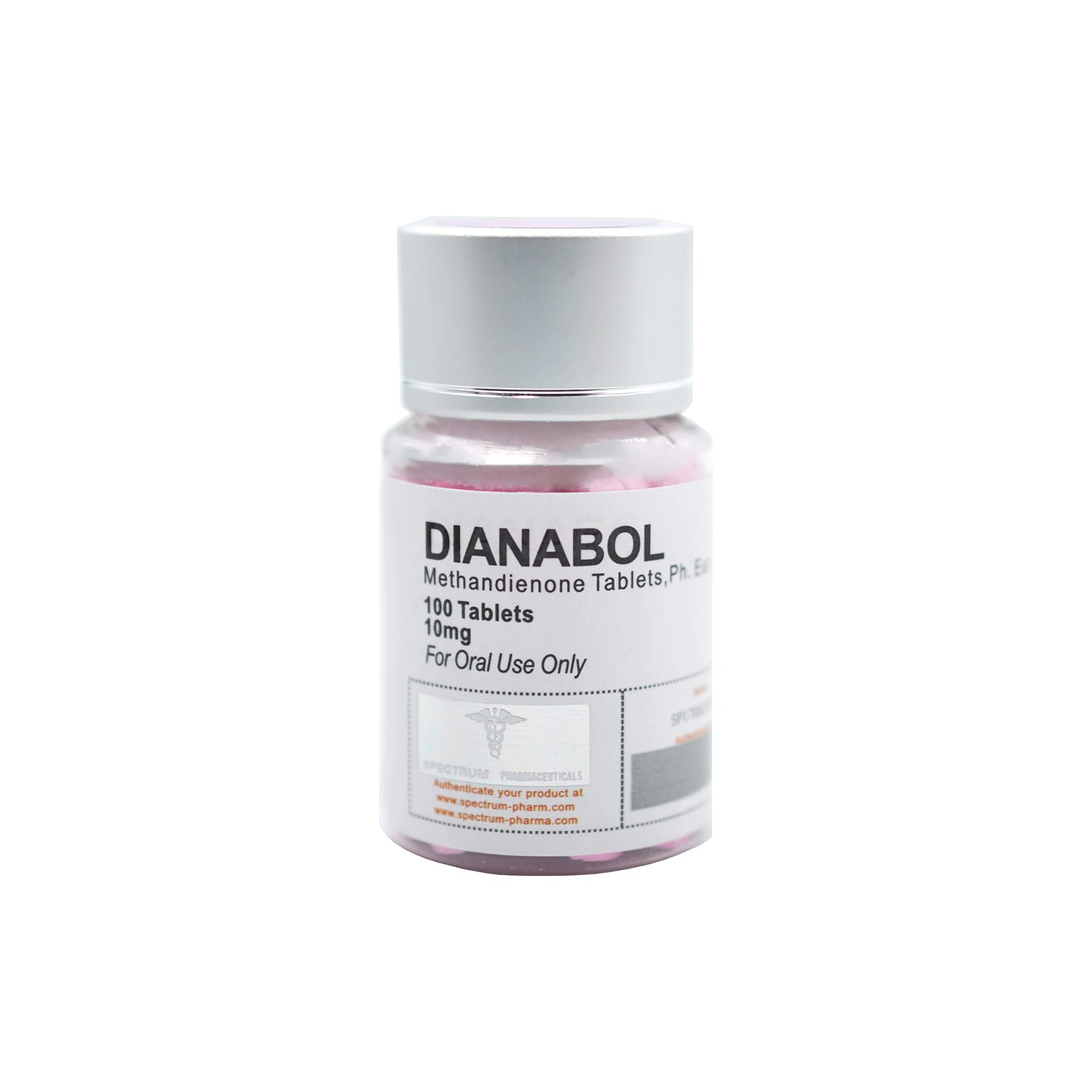When was the last time you checked the side effects of your prescribed medication? It's a question we might casually dismiss, but the consequences can be serious. Among these, liver damage stands out as a particularly severe risk associated with certain medications. This article delves into the world of medication-induced liver damage, highlighting the critical role of regular monitoring to prevent such adverse effects.
What is Medication-Induced Liver Damage?
Medication-induced liver damage, also known as hepatotoxicity, occurs when prescription drugs adversely affect the liver's function. This can result in symptoms ranging from mild liver enzyme elevation to complete liver failure. Such damage is a concern with various medications but is especially significant with drugs metabolized through the liver.
Several common medications are known to pose risks to liver health, including over-the-counter painkillers like acetaminophen, certain antibiotics, and anti-seizure medications. However, it's not just these commonly cited examples that warrant caution—other treatments, particularly those involving hormone therapies or substantial biochemical alterations, require careful monitoring. For those considering hormone-related treatments, understanding these risks is crucial. Learn more about hormone therapy options dianabol pills for sale in usa https://misterolympia.shop/product/dianabol-usa-domestic-spectrum-pharma/ to make informed health decisions.
The Role of Liver Function Tests
To safeguard against liver damage, regular liver function tests (LFTs) are crucial. These tests measure the levels of liver enzymes in the blood, which increase in response to liver injury. Elevated enzyme levels can be the first sign that a medication is starting to harm liver tissue, providing a crucial window for intervention.
Liver function tests typically include measuring substances like:
- Alanine aminotransferase (ALT)
- Aspartate aminotransferase (AST)
- Alkaline phosphatase (ALP)
- Bilirubin
By tracking these levels over time, healthcare providers can detect the early signs of liver distress and make necessary adjustments to the patient's medication regimen before more severe damage occurs.
Case Study: Managing Risks in Hormone Replacement Therapy
Consider the case of hormone replacement therapies, which are commonly prescribed for various medical conditions, including hormonal imbalances and certain types of cancers. These therapies can significantly impact liver function, requiring a diligent monitoring schedule.
In one example, a patient undergoing testosterone replacement therapy showed signs of liver strain. The therapy, crucial for their health, posed a dilemma due to its hepatotoxic potential. Through regular liver function tests, the healthcare team was able to adjust the dosage and introduce protective measures, effectively managing the patient's condition while minimizing the risk to liver health.
Tips for Safeguarding Liver Health While on Medication
Protecting your liver while on medication involves more than just regular testing. Here are some practical tips for anyone concerned about liver health:
- Stay Informed: Always discuss the potential side effects of any new medication with your healthcare provider.
- Follow Prescriptions Carefully: Do not exceed the recommended doses and adhere to the prescribed treatment schedule.
- Lifestyle Adjustments: Incorporate a liver-friendly diet rich in fruits, vegetables, and lean proteins, and avoid alcohol.
- Regular Check-Ups: Keep up with all scheduled medical appointments and tests, not just those concerning liver function.
By maintaining a proactive approach to health management, individuals can significantly reduce the risk of medication-induced liver damage.
Conclusion
Regular monitoring for medication-induced liver damage is not just a precaution—it's a necessary part of managing any treatment that might impact liver health. With the right knowledge and precautions, the risks associated with these medications can be effectively managed, ensuring both the efficacy of the treatment and the health of the patient. Remember, a simple liver function test could be all that stands between you and serious health complications. Make sure to prioritize your liver health as part of your overall wellness strategy.







